On September 17, the Algerian presidential office said that Prime Minister Nadir Larbaoui had submitted the government's resignation to President Abdelmadjid Tebboune.
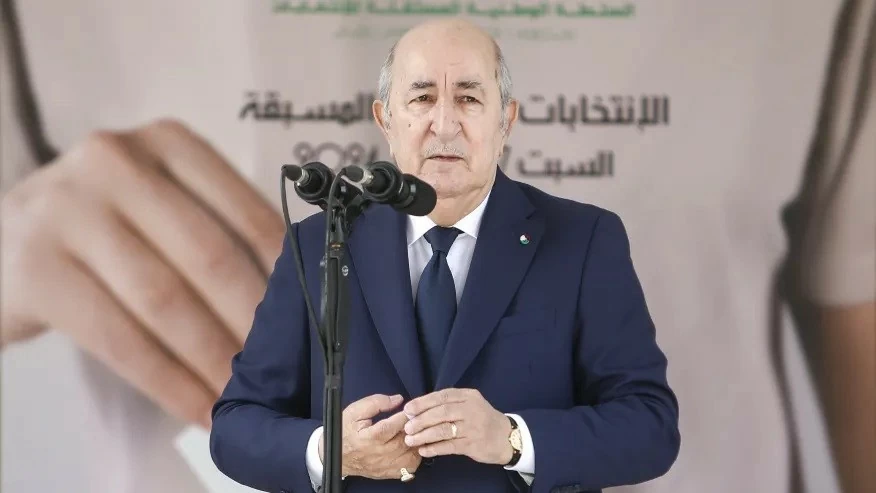 |
| Algerian President Abdelmadjid Tebboune. (Source: AP) |
According to Reuters news agency, the Algerian President has asked the government to remain in office to ensure the continued resolution of urgent issues, including the preparation of the 2025 draft budget to be submitted to the National Assembly .
Earlier, on the same day, September 17, Mr. Abdelmadjid Tebboune, who was re-elected president for a second five-year term in early September, was sworn in at an official ceremony in the capital Algiers in the presence of state officials and the highest authorities.
The leader also said he would open an open national dialogue.
Mr Tebboune won in the first round of the election with initial results showing nearly 95% of the vote.
His opponents – leader of the opposition Socialist Movement for Peace party Abdelaali Hassani Cherif and candidate from the Socialist Forces Front Youcef Aouchiche – later challenged the vote result at the Constitutional Court.
However, on September 14, the Court announced the official results of the country's presidential election, confirming that President Abdelmadjid Tebboune was re-elected with 84.3% of the vote.
Mr Tebboune's victory means Algeria is likely to retain policies to boost energy exports and implement pro-business reforms, while maintaining large subsidies.
The impact of Mr Tebbouns's public spending policies is evident everywhere in the capital Algiers. New apartment blocks and social housing have sprung up, creating new neighborhoods decorated with election posters in recent weeks.
Algeria's unemployment rate has fallen from more than 14% during the Covid-19 pandemic in 2020 to 12.25% in 2023. President Tebboune also promised to increase subsidies and create about 500,000 new jobs for the people.
Last March, the International Monetary Fund (IMF) praised Algeria's efforts to reform its economy to diversify away from oil and gas as a means of stimulating private sector growth, helping to boost employment.
However, the IMF also warned that large budget deficits due to high spending risk making public finances vulnerable to economic shocks.
Source: https://baoquocte.vn/algeria-tong-thong-tebboune-tuyen-the-nham-chuc-nhiem-ky-2-chinh-phu-tu-nhiem-286720.html








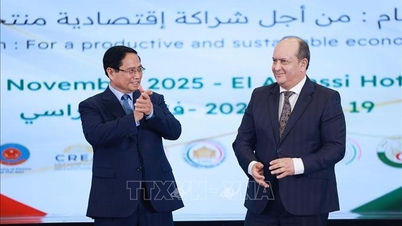

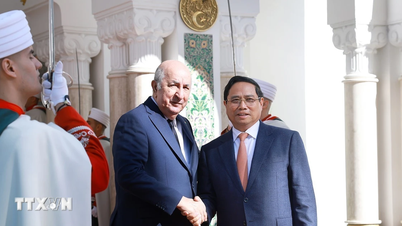

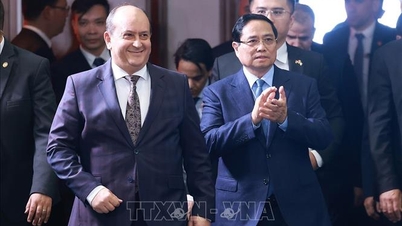
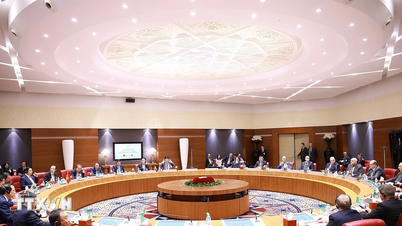
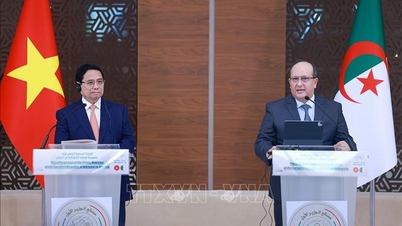
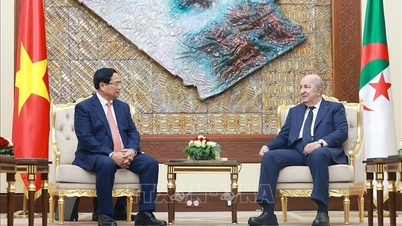




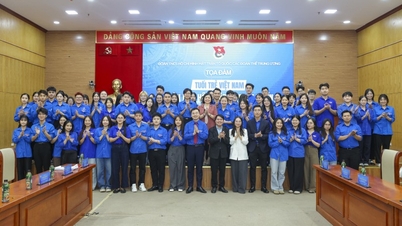






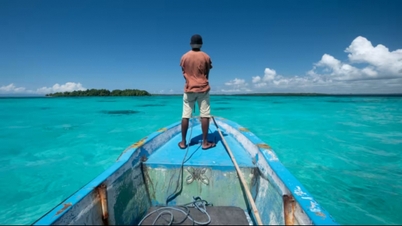
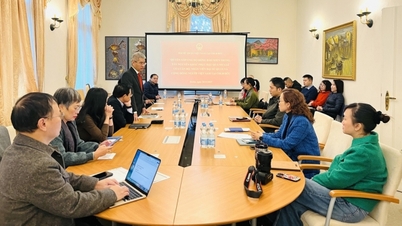
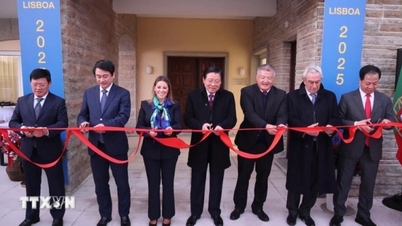
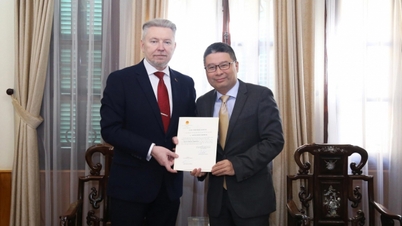
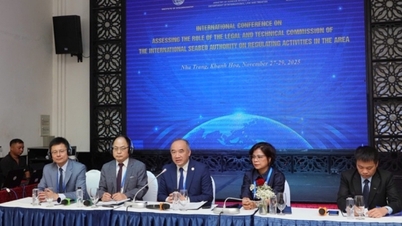
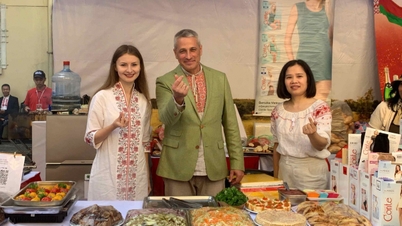
























































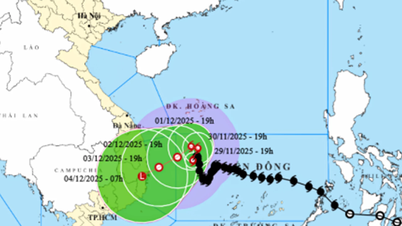




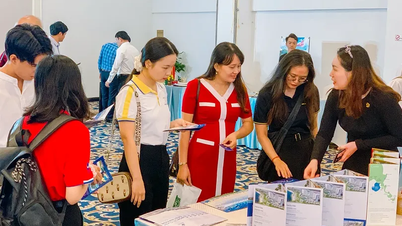











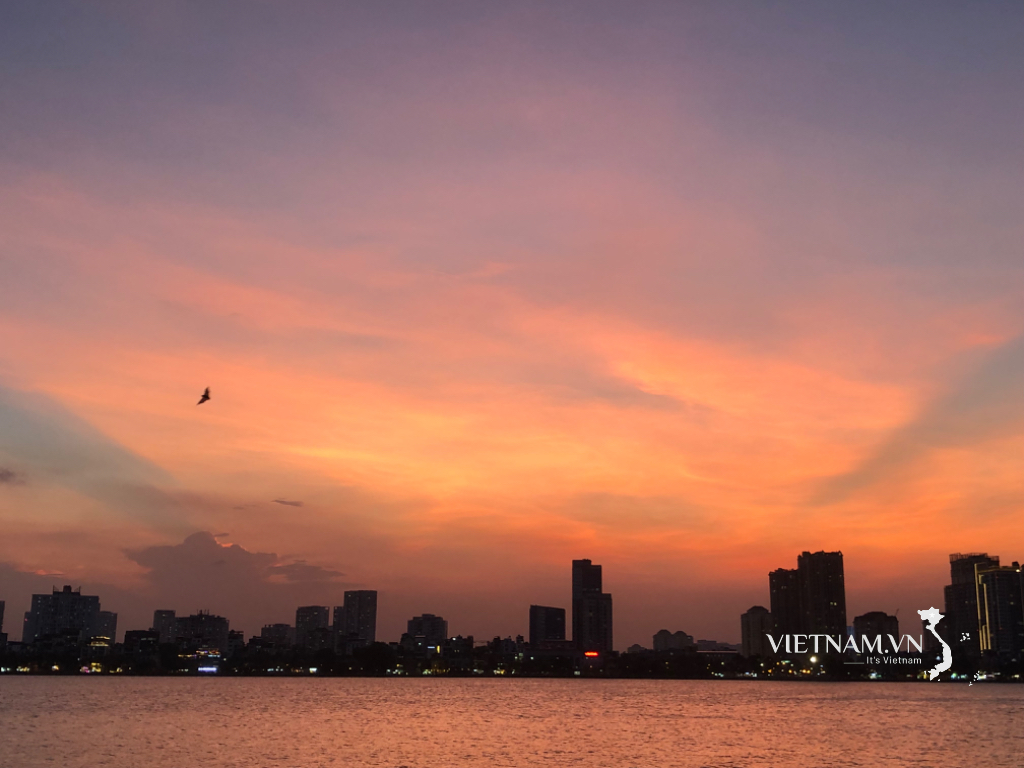

Comment (0)